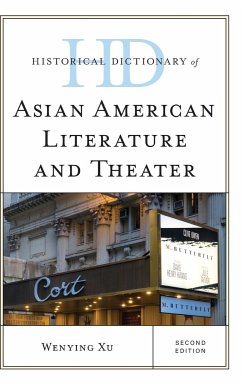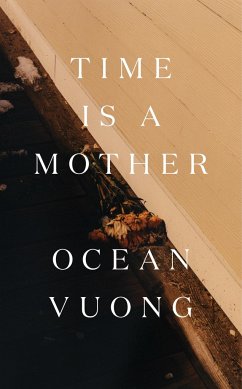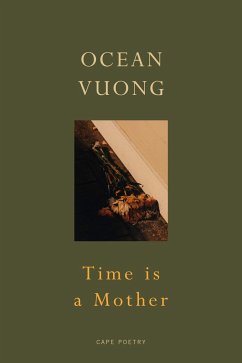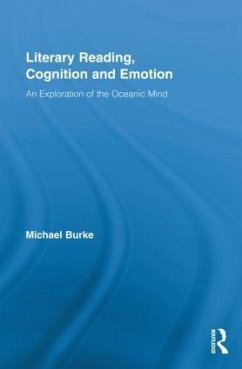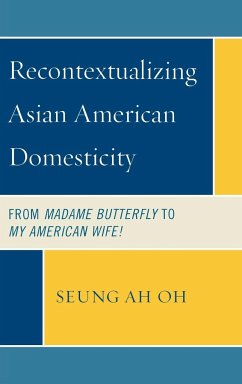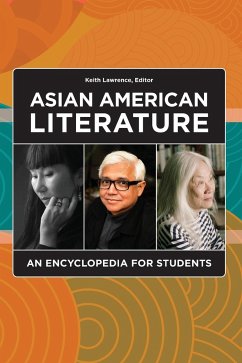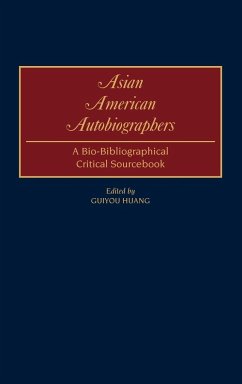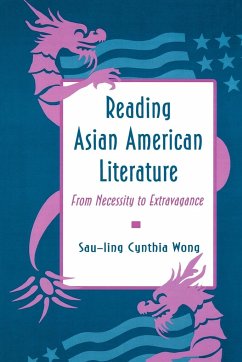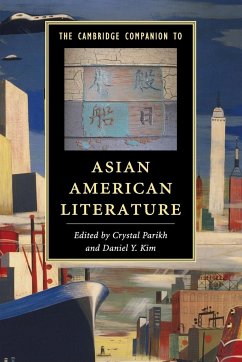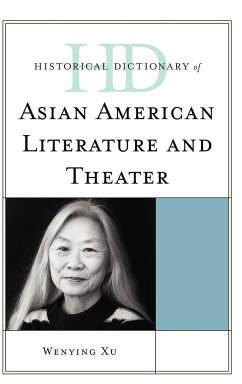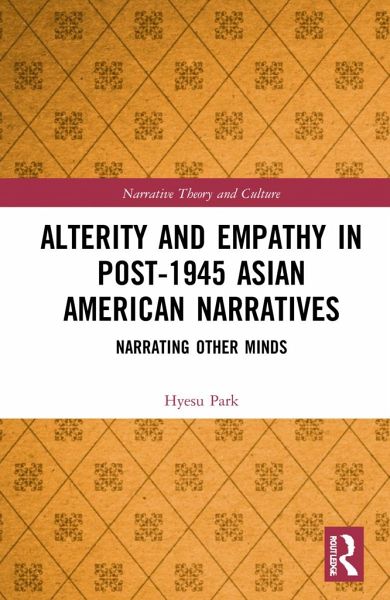
Alterity and Empathy in Post-1945 Asian American Narratives
Narrating Other Minds
Versandkostenfrei!
Versandfertig in 1-2 Wochen
169,99 €
inkl. MwSt.
Weitere Ausgaben:

PAYBACK Punkte
85 °P sammeln!
This book examines how Asian American authors since 1945 have deployed the stereotype of Asian American inscrutability in order to re-examine and debunk the stereotype in various ways. By paying special attention to what narrative theorists have regarded as one of the most extraordinary aspects of fiction-its ability to give (or else deny) readers a remarkably detailed knowledge of the inner lives of their characters-this book explores deeply and systematically the specific ways Asian American narratives attribute inscrutable minds to Asian American characters, situating them at various points...
This book examines how Asian American authors since 1945 have deployed the stereotype of Asian American inscrutability in order to re-examine and debunk the stereotype in various ways. By paying special attention to what narrative theorists have regarded as one of the most extraordinary aspects of fiction-its ability to give (or else deny) readers a remarkably detailed knowledge of the inner lives of their characters-this book explores deeply and systematically the specific ways Asian American narratives attribute inscrutable minds to Asian American characters, situating them at various points along a spectrum stretching between alterity and empathy. Ultimately, the book reveals the link between narrative form and larger cultural issues associated with the representation of Asian American minds, and how a nuanced investigation of narrative form can yield insights into the sociocultural embeddedness of Asian American literature under the case studies-insights that would not be available if such formal questions were by passed.




